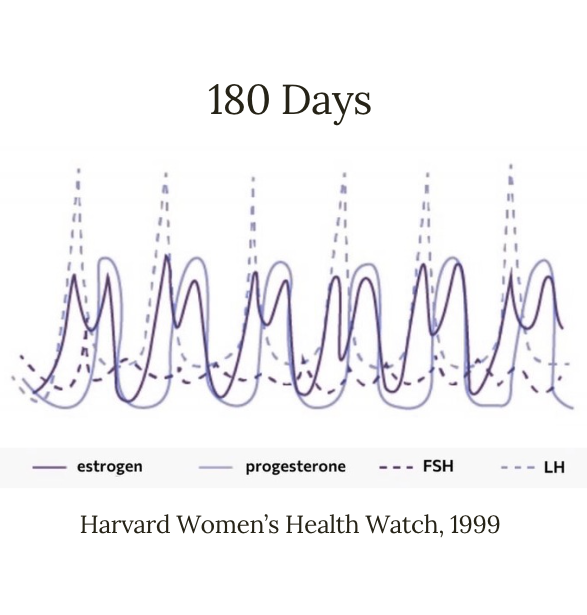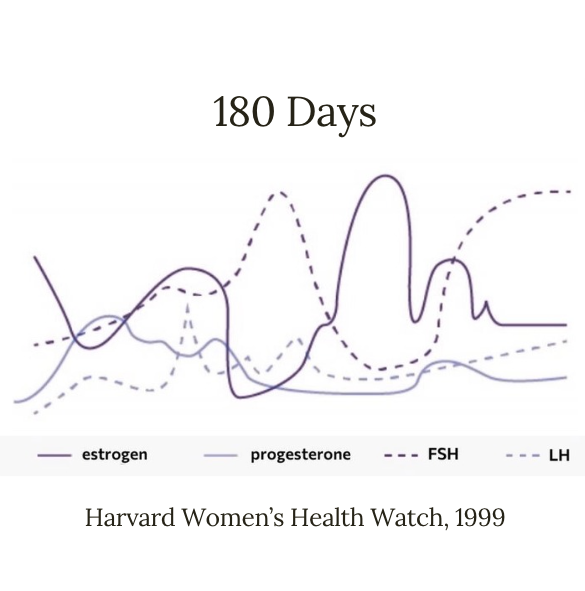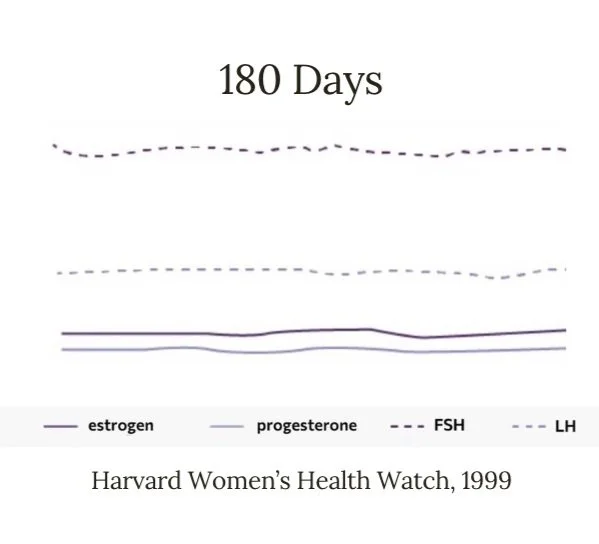Hormone Fluctuation During Perimenopause
When it comes to menopause, there’s a lot of noise — and not enough clear, honest conversation. I want to walk you through exactly what happens to your hormones across pre-menopause, perimenopause, and post-menopause. Because when you understand what’s happening inside your body, you can stop blaming yourself, and start taking control of your health.
Perimenopause - The One Where Your Hormones Lose Control
This is where the real roller coaster begins. During perimenopause, your ovaries start to slow down — but not in a straight line.
Pre-Menopause: The Calm Before the Shift
In your 20s and 30s, your hormones move through a predictable rhythm. Estrogen rises and falls, triggering ovulation. Progesterone comes in afterward to balance things out. Your cycle might not be perfect, but overall, your body knows the rhythm.
Energy, mood, metabolism — everything tends to stay within a fairly steady range.
This phase is your foundation. It's when your body sets the stage for how you’ll enter the next chapters.
Perimenopause: The Hormone Roller Coaster
If you’re feeling like everything is suddenly out of sync in your 40s (and sometimes late 30s), you are not crazy. This is perimenopause — the transition before menopause — and it can feel chaotic because your hormones are, quite literally, all over the place.
Here’s why:
Estrogen starts fluctuating wildly. Some months, you might produce plenty. Other months, very little. It’s unpredictable.
Progesterone declines earlier and faster. Without enough progesterone to balance estrogen’s effects, you may feel moodier, more anxious, and less able to sleep.
Cycles become irregular. You might go 24 days one month, 40 days the next.
Symptoms pop up — and change constantly. One day it’s night sweats. The next, it’s brain fog or unexpected weight gain.
It’s like your body is pressing the gas and brake pedals at the same time. You can feel energized one moment... then exhausted the next.
The important thing to remember is this: Perimenopause is normal. It’s your body adjusting, not breaking down. And while the symptoms can be overwhelming, they are signals — not failures.
Your body is calling for support, not criticism.
Post-Menopause: A New Hormonal Normal
Menopause is officially defined as 12 months without a period.
After that, you enter post-menopause — and your hormones settle into a new, lower baseline.
Here’s what changes:
Estrogen and progesterone remain low but stable.
Symptoms like hot flashes often lessen, but they don’t disappear overnight.
New priorities emerge, like protecting bone strength, heart health, and cognitive function.
It’s a new phase — and one that offers real opportunities for growth, vitality, and strength when you have the right tools and care.
Why It Feels So Unpredictable — And What You Can Do About It
Many women tell me: "One day I feel amazing. The next, I can barely get out of bed. Is this normal?"
Yes, it is. And no, you don’t have to suffer through it alone.
Hormonal fluctuations during perimenopause can make you feel like you’ve lost control of your body. But knowledge is powerful. And there are clear, science-backed ways to support your hormones, ease symptoms, and reclaim your energy.
That’s exactly why I created Defy Menopause: Own the Change — a 30-day program designed to give you the tools, knowledge, and support you need to move through these changes with clarity and confidence.
Inside, you’ll find:
Weekly access to Dr. Tracy Verrico at live, group sessions
Clear action steps for managing symptoms naturally
Because you deserve more than just "putting up with it."
You deserve to thrive.
Let’s Connect
Schedule an Appointment | LinkedIn | YouTube | Instagram | Bona Dea Gynecology




